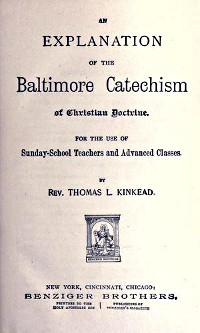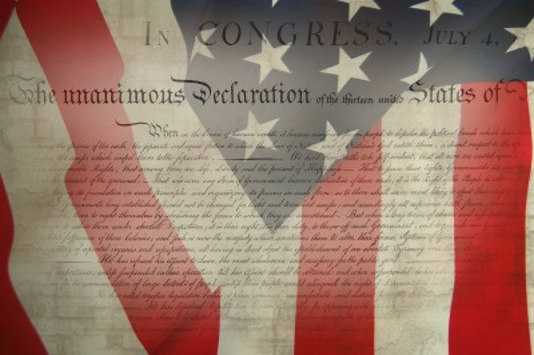
This week: Cardinal Burke’s views on the Extraordinary Form Mass. A young person’s views on the same. Father Barron reviews For Greater Glory. Using the ADA to “club” an abortion clinic. The IRS is staffing-up to enforce ObamaCare on the public. We are still very “under water” on bailing-out GM, so how is our “investment” working out? A EE’s business card.
Cardinal Raymond Burke was interviewed last week by CNS on his views of the Extraordinary Form of the Mass. Yes, this is the Latin Mass but those who focus on Latin vs. English completely miss the point. Many people are drawn to the traditional, EF Mass by its beauty, timelessness and – most importantly – its sacredness.
Last Saturday was the 7th anniversary of Summorum Pontificum (07-07-07), Pope Benedict’s motu proprio Apostolic Letter supporting the EF Mass.
So, does the Extraordinary Form of the Mass only appeal to “old” people?
(This video is no longer available.)
This young person was known as “She is Catholic” and had more videos on her YouTube channel. Thanks to Father Z for spotting her!
Father Barron reviews For Greater Glory:
The Americans with Disabilities Act (ADA) is a great idea gone bad. It is often used as a club for unreasonable demands against certain targets. Turning this lemon into lemonade, Allen County Right to Life (IN) is suing an abortion center because they do not provide adequate wheelchair access! On the one hand, this is a typical abuse of the law. On the other, anything that makes it more difficult for abortuaries to stay in business has at least some merit. Thanks to Matthew Archbold at CMR for spotting this.
The IRS is adding scores of new agents to enforce ObamaCare and collect penalties from anyone who refuses it. Note too that the penalties are huge. This is a terrible law and will do great harm to the country and its citizens.
We American taxpayers took a big risk ($50 billion) bailing-out General Motors. As a result, we own 26.5% of them. Those shares, if sold at market value today would net us a loss of $16.6 billion (not counting around $45 billion in write-offs – at book value making our net loss around $35 billion).
In addition to their debt to us, how are they going to repay us?
You want your business card to stand out. Here is one electrical engineers solution:
Some random thoughts or bits of information are worthy of sharing but don’t warrant their own full post. This idea was started by Jennifer Fulwiler at Conversion Diary to address this blogging need. So, some Fridays I too participate when I have accumulated 7 worthy items. Thank you Jen for hosting this project!




















